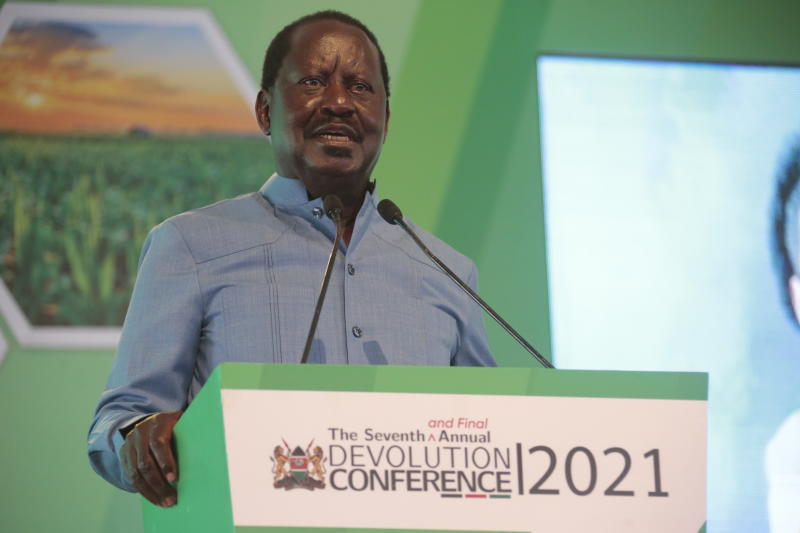×
The Standard e-Paper
Home To Bold Columnists

I am pleased to join you at the final devolution conference under the current administration. We are celebrating a decade of this bold experiment with two levels of government, which has been a remarkable journey full of triumphs and challenges.
At this 7th conference, you have decided to confront the elephant in the room of human survival; the issue of climate change. This is a clear indication that counties are coming of age and venturing into some of the greatest challenges humanity is facing.